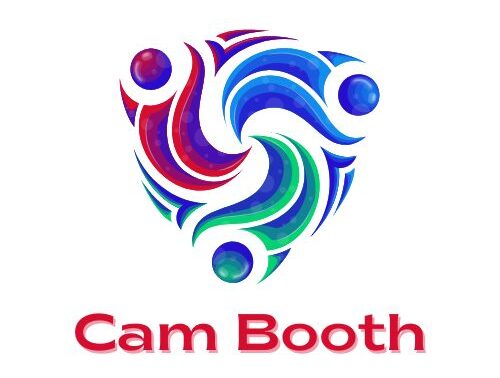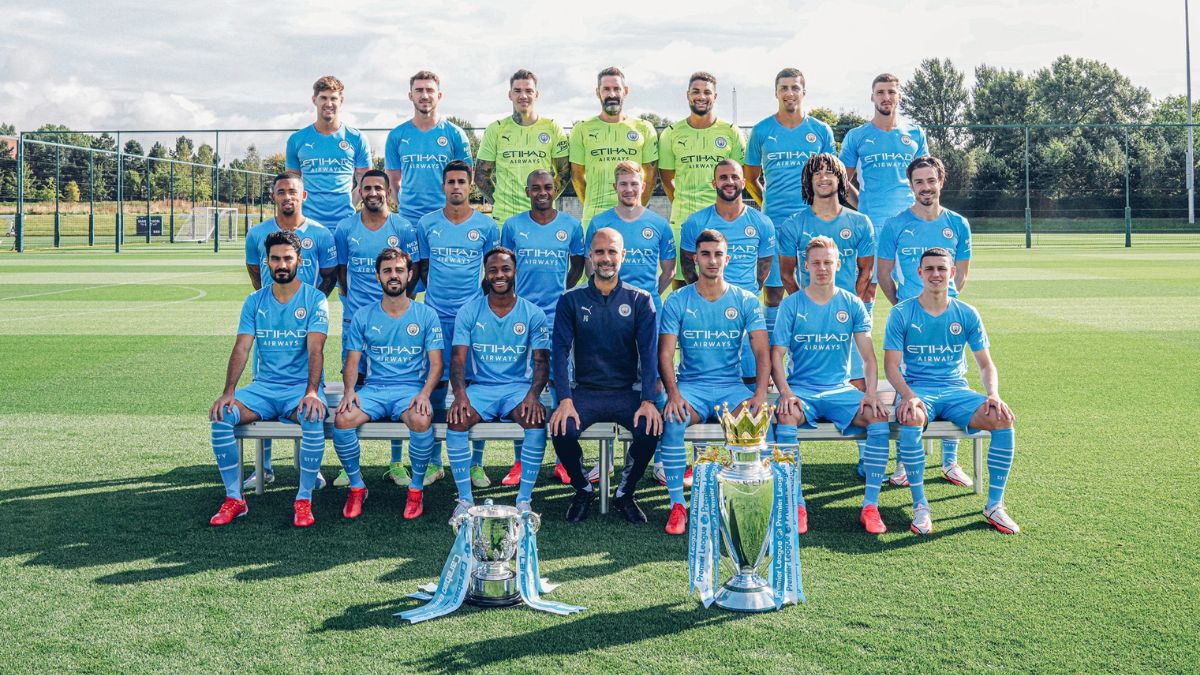Sports elicit passion, camaraderie, and loyalty from fans around the globe, but they also represent gigantic financial empires. Beyond the cheers from stadium seats lies a world of billion-dollar brand deals, global merchandising, lucrative broadcasting rights, and superstar athletes with skyrocketing endorsements. Today, we’re exploring the most valuable sports teams across the globe, dissecting what makes them the titans of their respective arenas and how they’ve turned athletic success into commercial dominance.
What Does It Mean to Be “Valuable” in Sports?
When we talk about the “value” of a sports team, it’s more than just ticket sales or the performance of its players. A team’s valuation encompasses a variety of components, including:
- Broadcasting Rights: Deals with networks can generate billions in revenue, making game days as profitable behind the screens as they are in the arena.
- Brand Value: Some teams are cultural icons whose brands transcend sports, becoming recognized globally.
- Sponsorships and Endorsements: Partnership with companies eager to attach their name to the team often bring in significant profit.
- Merchandising: Think jerseys, caps, scarves, and other memorabilia bought by fans worldwide.
- Venue Revenue: From ticket sales to food concessions and premium suite packages, match-day income is a major contributor.
- Market Size and Fan Base: Teams with a massive global following are best positioned to exploit international growth.
Now that we know what contributes to their worth, let’s take a look at some of the most valuable sports teams in the world.
1. Dallas Cowboys (NFL)
- Valuation (2024): $9 billion
- Owner: Jerry Jones
- Sport: American Football
The Dallas Cowboys are known as “America’s Team,” and they certainly live up to that title in terms of profitability. Though they haven’t won the Super Bowl in decades, their value grows steadily year after year. Why? The Cowboys excel at maximizing revenue streams, with the luxurious AT&T Stadium, powerful sponsorship deals with brands like Ford and Pepsi, and unparalleled merchandising efforts. Their combination of tradition, a massive fan base, and sharp business acumen continues to make them the juggernaut of American football.
Lesson from the Cowboys:
Winning games is important, but strategic branding, strong marketing, and creating a community around the team are what sustain long-term commercial success.
2. Real Madrid (La Liga)
- Valuation (2024): $6.5 billion
- Owner: Member-Owned Club
- Sport: Soccer
Real Madrid is synonymous with footballing greatness. With a record number of UEFA Champions League titles and an impressive history of dominant performances, their global dominance on the field translates seamlessly into financial success. Their membership model generates loyalty, while top-tier players like Cristiano Ronaldo (in years past) and Karim Benzema cement global viewership ratings. Partnerships with Adidas and Emirates also contribute heavily to their coffers.
Lesson from Real Madrid:
A strong legacy of success on the field combined with shrewd marketing abroad widens a team’s international appeal.
3. New York Yankees (MLB)
- Valuation (2024): $6 billion
- Owner: Steinbrenner Family
- Sport: Baseball
Arguably the most famous baseball team in the world, the New York Yankees are known for winning championships (27 World Series titles) and bolstering a high-value brand that appeals to fans far beyond U.S. borders. Their classic pinexample uniforms are iconic, and they’re masters of co-branding, including their lucrative partnership with Nike. Furthermore, Yankee Stadium is not just a place for home runs but a money-making machine through ticket sales, premium suites, and hosting concerts.
Lesson from the Yankees:
Iconic branding serves as both a commercial and cultural advantage that drives merchandise sales and global recognition.
4. Barcelona (La Liga)
- Valuation (2024): $6 billion
- Owner: Member-Owned Club
- Sport: Soccer
FC Barcelona stands shoulder to shoulder with archrivals Real Madrid, both on the field and in the race for global commercial dominance. What sets Barça apart is their unique philosophy of developing homegrown talent through their fabled La Masia academy while also securing marquee transfers. Their shirt sponsorships with Spotify and Nike cash in on their broad international fan base, and their social media following is among the largest in the sporting world.
Lesson from Barcelona:
Combining authenticity with commercial innovation keeps your brand both enduring and evolving.
5. Golden State Warriors (NBA)
- Valuation (2024): $7 billion
- Owner: Joe Lacob and Peter Guber
- Sport: Basketball
Not long ago, the Warriors were not considered among the NBA’s most valuable franchises. But thanks to a once-in-a-generation team led by Stephen Curry, strategic stadium investments, and a Silicon Valley-savvy fan base, the Warriors skyrocketed to global prominence. With revenue streaming in from Chase Center (a state-of-the-art arena) and exclusive partnerships with tech-heavyweights, the team has become a business blueprint for modern-day franchises.
Lesson from the Warriors:
Innovation on and off the court, combined with leveraging nearby markets, can turn a struggling franchise into a financial powerhouse.
Honorable Mentions:
- Manchester United (EPL): $6 billion
An iconic name in English soccer with a worldwide fan base, driven by years of success and major global sponsorships.
- New England Patriots (NFL): $7 billion
Their dynasty-era dominance, led by Tom Brady for years, cemented their position as one of the premier NFL franchises.
- Los Angeles Lakers (NBA): $6.5 billion
Arguably the most recognizable basketball team in the world with decades of glitz, glamour, and championships.
Why Do These Valuations Matter?
Understanding these valuations isn’t just about ranking the wealthiest teams. It’s about understanding the power of strategic branding, global outreach, and adapting to market trends. These are the teams that set the standard, influencing how sports franchises around the world operate.
- They create massive employment opportunities within the sports and entertainment sectors.
- They catalyze tourism in their respective cities.
- They project soft power for their nations on the global stage.
Looking Ahead
The future of sports team valuations will undoubtedly include a growing focus on digital assets. Think NFTs, exclusive streaming deals, and AI-driven fan engagement models. Esports franchises could also join these ranks as competitive gaming gains legitimacy and builds global audiences.
At the heart of everything is one essential element every successful team understands deeply: the fans. Without the millions cheering them on, purchasing merchandise, and tuning in week after week, these valuations would collapse.
FAQs
1. Why are fans so crucial to team valuations?
Fans are the foundation of any sports team’s success. They drive revenue through ticket sales, merchandising, broadcasting viewership, and social media engagement. A loyal fanbase directly contributes to the team’s market value and long-term growth.
2. How do digital assets impact team valuations?
Digital assets like NFTs, streaming rights, and AI-based engagement tools create new revenue streams and help teams connect with fans more effectively. These innovations add both financial and experiential value, influencing overall valuations.
3. Can esports franchises compete with traditional sports teams in value?
Yes, esports franchises are quickly gaining momentum, boasting massive global audiences and younger demographics. With growing legitimacy and sponsorship deals, they are becoming a significant player in the competitive sports ecosystem.
4. What role does technology play in shaping modern sports?
Technology plays a pivotal role by enhancing fan experiences, improving athlete performance, and creating new monetization opportunities. Innovations like VR, real-time analytics, and digital interactions are redefining the sports landscape.











